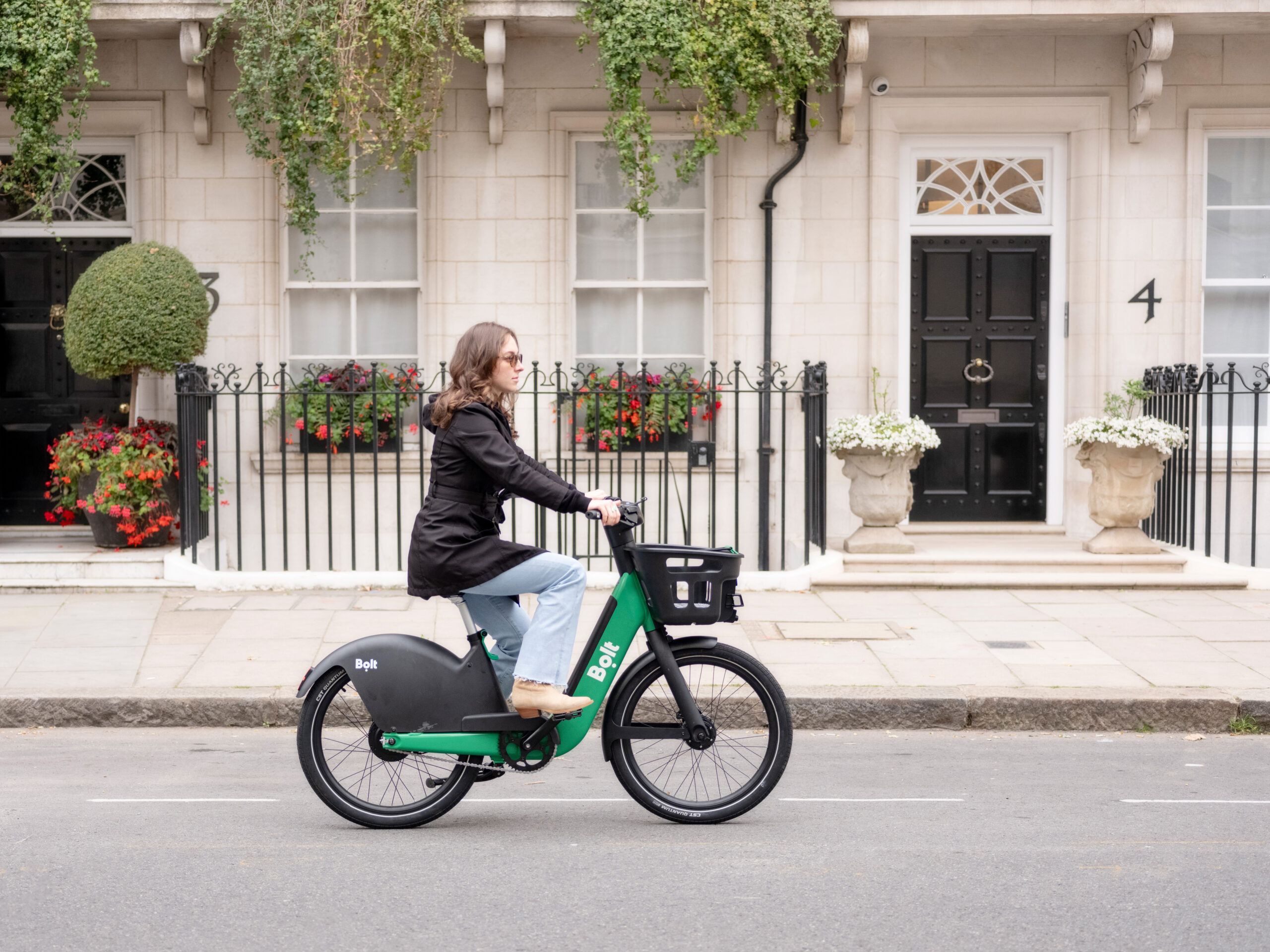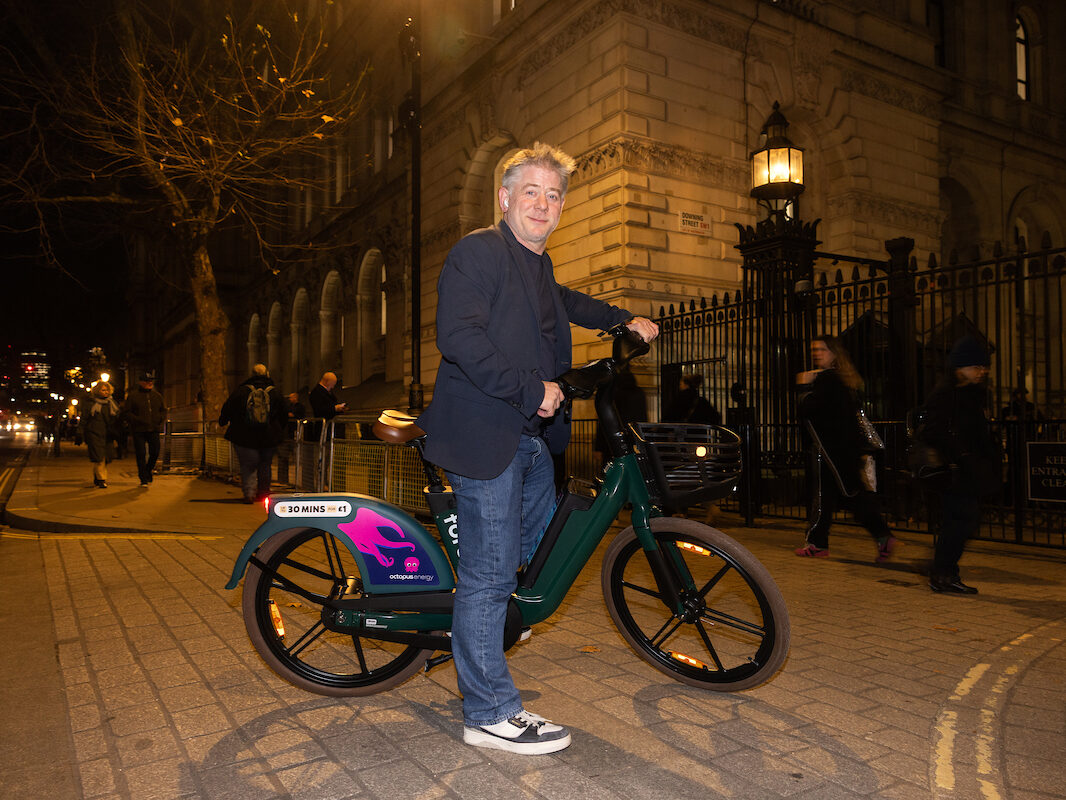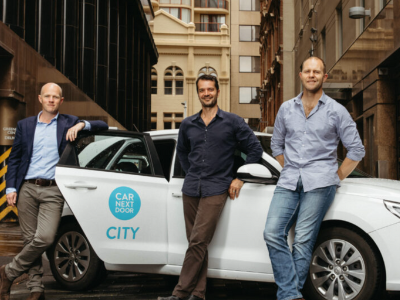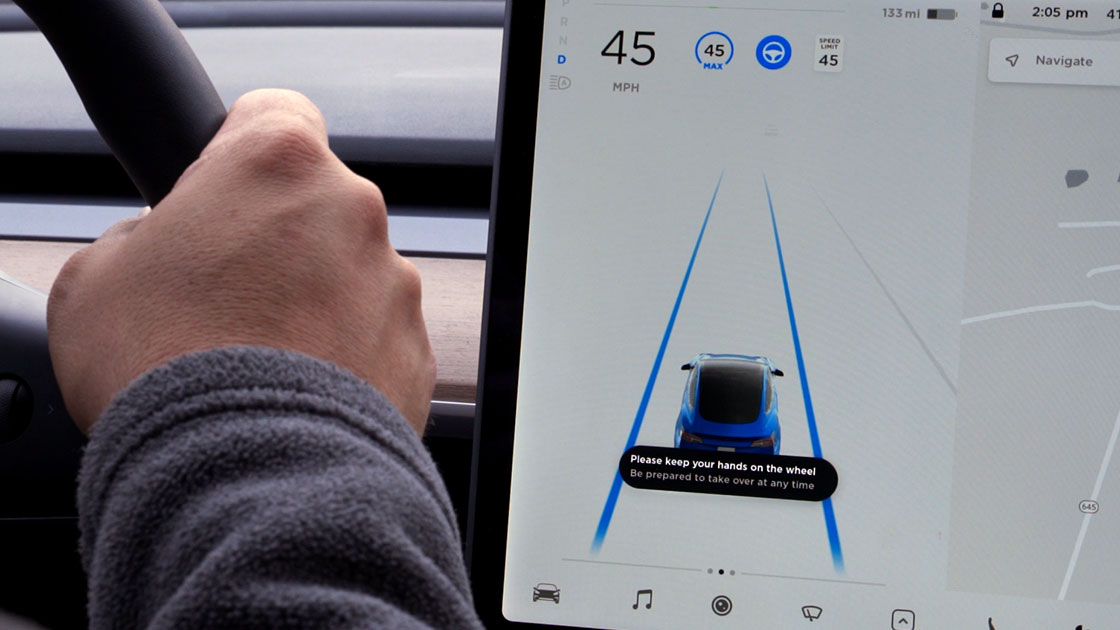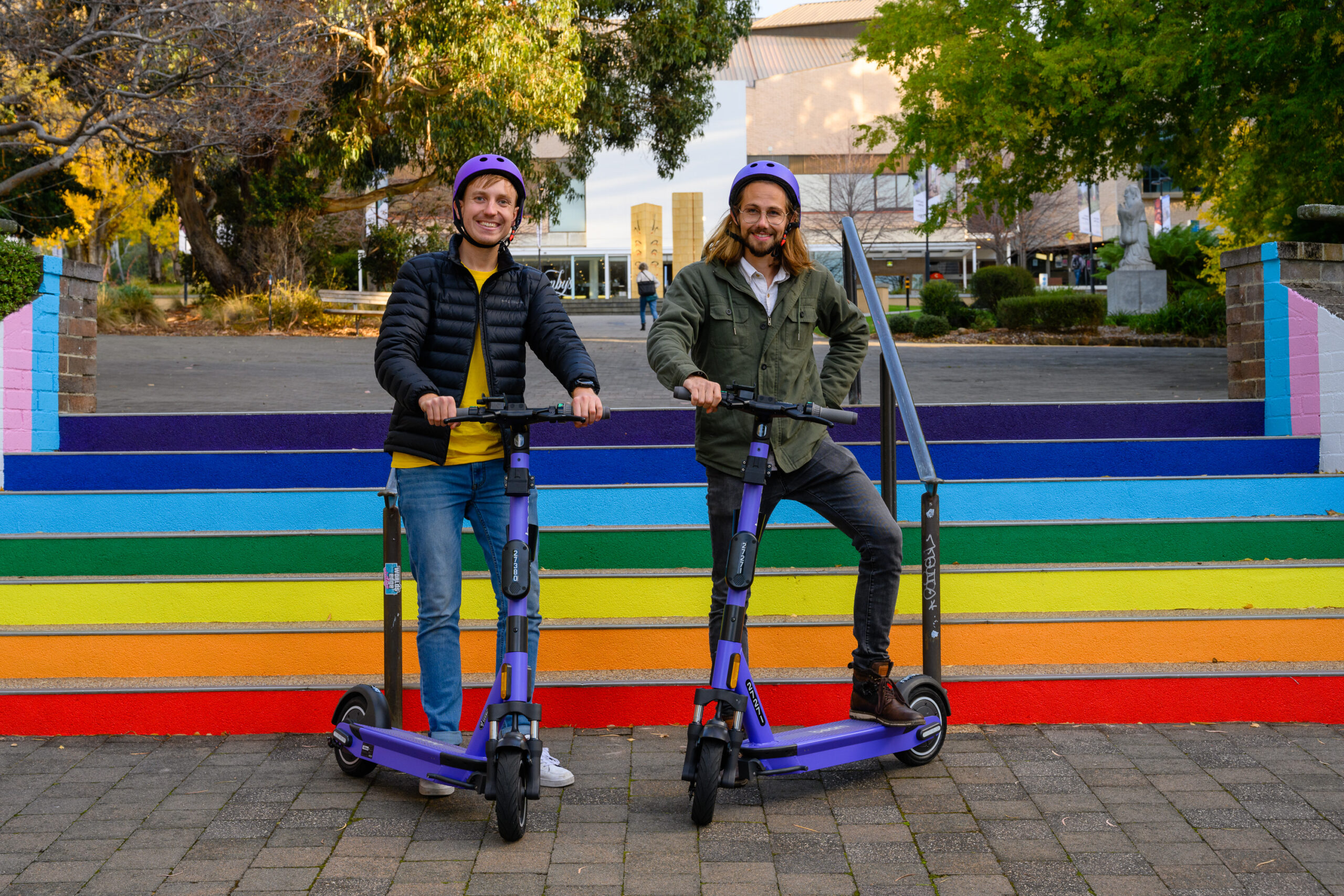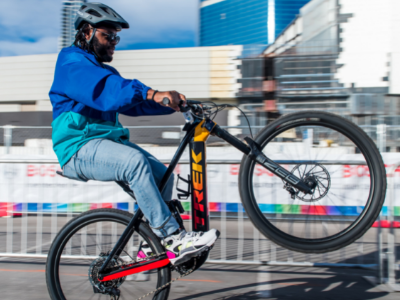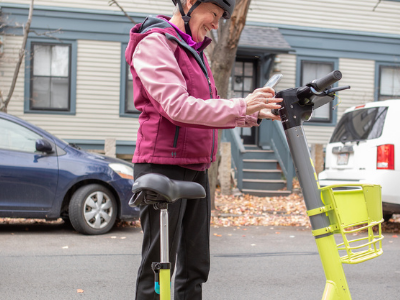From 1 February, 750 Neuron e-scooters will be available in Melbourne, Yarra, and Port Phillip.
The purpose-built models will be equipped with safety features such as the world’s first app-controlled helmet lock.
The app-controlled helmet lock secures a helmet to every e-scooter between trips and releases it at the start of each journey. This important safety feature means riders have access to a helmet and also reduces helmet litter.
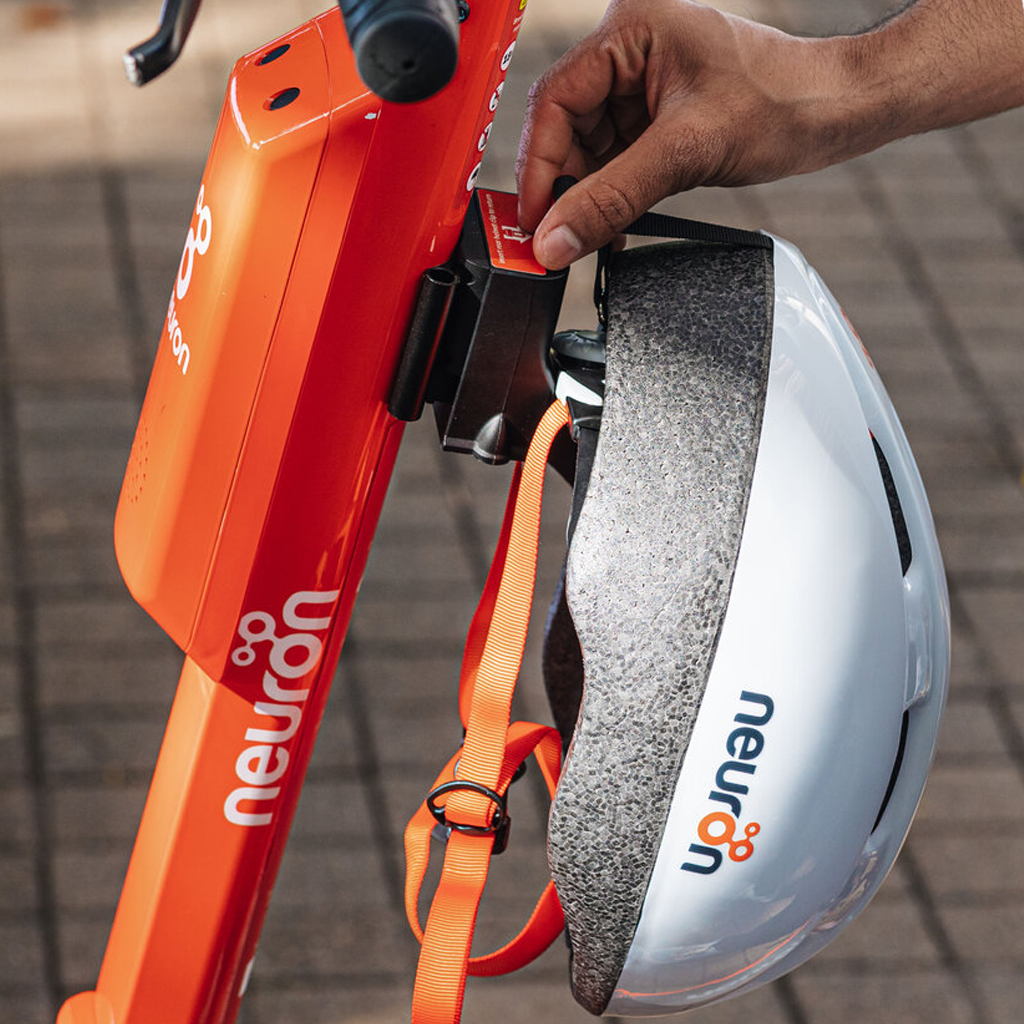
The e-scooter law in Victoria requires riders to wear a helmet. By securing a helmet to every e-scooter, Neuron is making it easier for e-scooter users to act in accordance with the law.
In countries such as the UK, where helmets are recommended but not legally mandated, only 4 percent of riders chose to wear a helmet. Neuron believes this is due to convenience and accessibility factors.
However, research from Imperial College London recently highlighted the risk of head injuries from e-scooter falls by simulating unhelmeted models. The research results found early-stage indications of the head and brain injury potential.
Alongside the use and design of helmets, Imperial College London suggested that speed limits, wheel design, and pothole management should all be reviewed to enhance safety regulations.
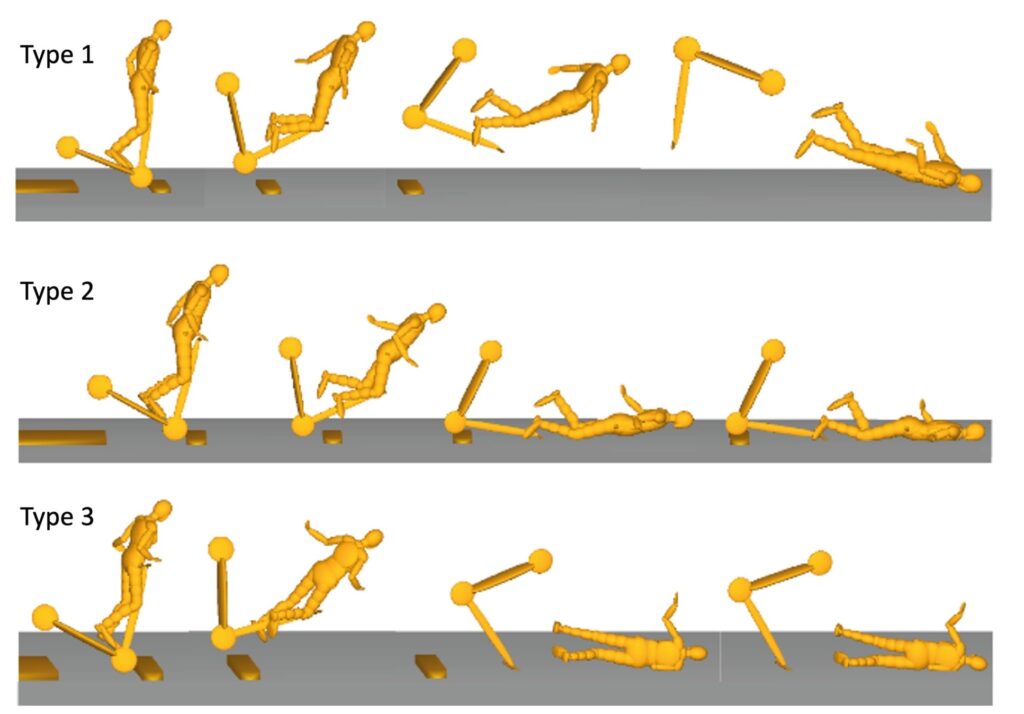
Lead author of the study, Dr Mazdak Ghajari from Imperial’s Dyson School of Design Engineering, said:Our findings could add to the evidence governments need to make astute decisions on e-scooter safety, which we hope will reduce the likelihood of head, brain, and facial injuries.
To prevent such falls, Neuron’s e-scooters also have additional technology such as geofencing control, topple detection, an emergency button, voice guidance to educate and warn riders, and a “Follow my Ride” function.
In addition, Neuron riders can use Australia’s first third-party rider liability insurance for e-scooters. Neuron’s decision to provide third-party rider liability insurance goes beyond what is required by law.



